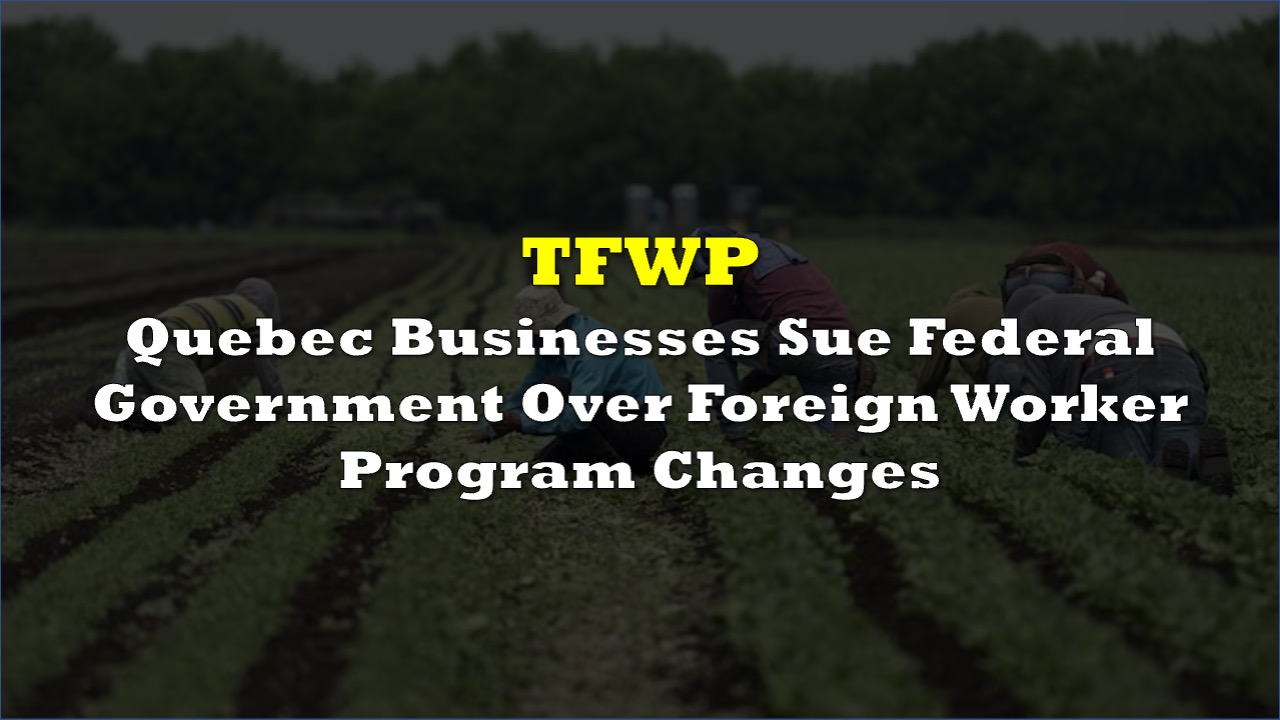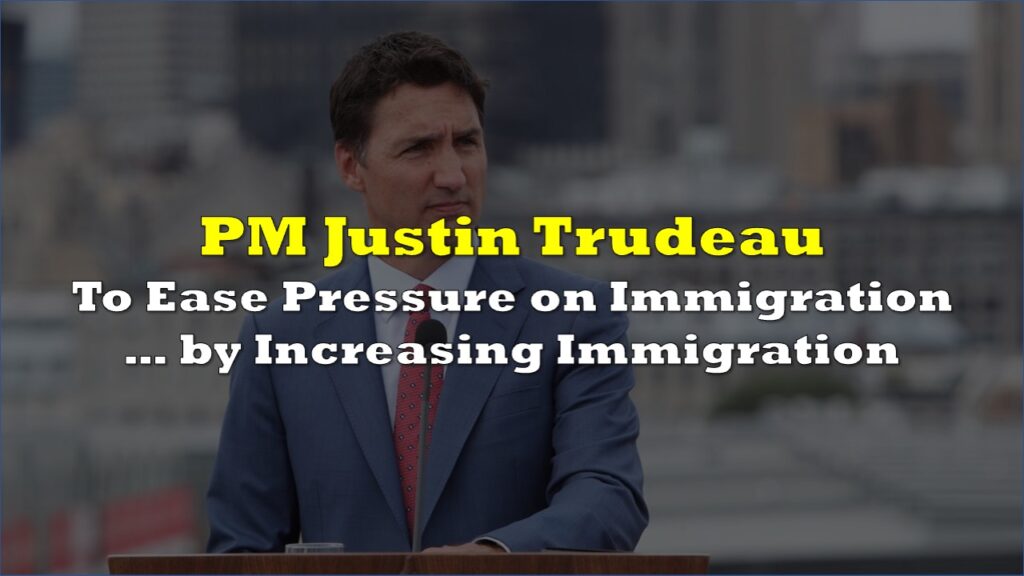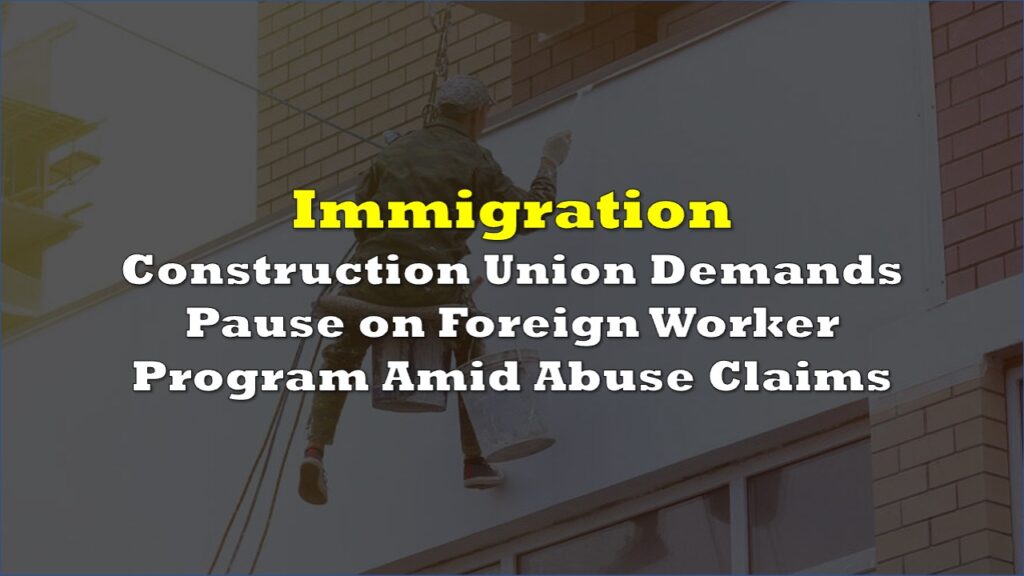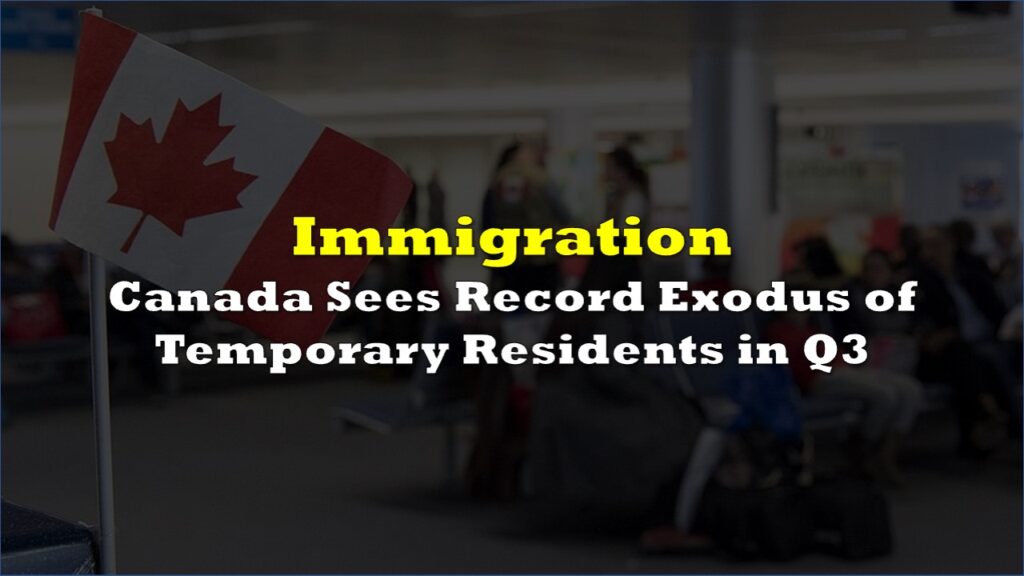23 Quebec businesses have filed a $300 million lawsuit against the federal government, challenging Ottawa’s decision to tighten rules for the temporary foreign worker program.
The lawsuit, filed in late May, includes companies from sectors including plastics, truck components, and slaughterhouses, mostly located in Quebec’s Montéregie area south of Montreal. Five temporary foreign workers whose employment has been affected by the policy changes have also joined the suit.
The businesses argue the federal government violated their Charter rights by abruptly changing temporary foreign worker rules last August without adequate consultation or warning.
Under the new restrictions, companies can employ no more than 10% of their workforce through the program, and businesses in high-unemployment areas cannot hire low-wage temporary foreign workers except in priority sectors like construction and healthcare.
23 Quebec CEOs are suing the government, demanding the right to bring in cheap migrant labor, rather than hiring Canadian citizens.
— Ezra Levant 🍁🚛 (@ezralevant) July 22, 2025
I think these 23 CEOs need to be named and shamed. Maybe we need to go on a Shame Tour with our billboard truck. What a disgrace they are. https://t.co/U0yyYsNaXI
“You made a promise, you sent us down a path, and then overnight you snap your fingers and tell us it isn’t the right path anymore,” said Frédéric Bérard, the Montreal constitutional lawyer representing the businesses.
Patrick Charbonneau, CEO of Granby-based waste-collection equipment company Durabac, said his company made major investments totaling about $10 million based on the previous policy. “In our region there aren’t workers in welding, mechanical assembly,” Charbonneau said.
The federal government expanded the temporary foreign worker program during the COVID-19 pandemic to address labor shortages. However, facing criticism over housing pressures and concerns about protecting Canadian jobs, Ottawa moved to restrict the program in August 2024.
The Quebec government had requested the tightening as part of its broader immigration reduction strategy, citing concerns about preserving social services and protecting French language.
Some economists question the businesses’ arguments. “What goes up has to come down,” said Mike Moffatt of the Smart Prosperity Institute. “I don’t understand how they could think this would be a permanent thing, when all of the increases were couched as being temporary to deal with the pandemic.”
The federal ministries of immigration and employment, named as respondents, have not yet filed statements of defense.
Information for this story was found via the sources and companies mentioned. The author has no securities or affiliations related to the organizations discussed. Not a recommendation to buy or sell. Always do additional research and consult a professional before purchasing a security. The author holds no licenses.









